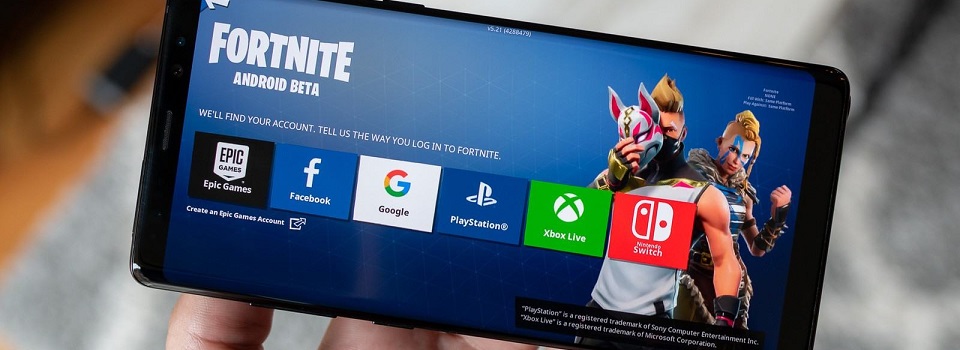
While a 30% revenue cut was an industry standard across computers, consoles, and mobile platforms in 2019, Sweeney stated that higher revenue shares made sense on consoles where "there's enormous investment in hardware, often sold below cost, and marketing campaigns in broad partnership with publishers", but did not extend to open platforms like mobile devices and personal computers. Since 2015, Epic Games' founder and CEO Tim Sweeney had questioned the need for digital storefronts like Valve's Steam, Apple's App Store for iOS devices, and Google Play, to take a 30% revenue sharing cut, and argued that when accounting for current rates of content distribution and other factors needed, a revenue cut of 8% should be sufficient to run any digital storefront profitably. However, Google has stressed that the legal situation around their case is not the same as around Apple's.īackground Epic Games' founder and CEO Tim Sweeney
#Epic game store android app update
Google, the same day, which challenges Google's similar practices on the Google Play app store for Android, after Google pulled Fortnite following the update for similar reasons as Apple. Epic appealed the ruling though the original ruling was upheld in 2023.Įpic also filed another lawsuit, Epic Games v. Rogers prohibited Apple from stopping developers from informing users of other payment systems within apps. In a September 2021 ruling in the first part of the case, Judge Yvonne Gonzalez Rogers decided in favor of Apple on nine of ten counts, but found against Apple on its anti-steering policies under the California Unfair Competition Law.
#Epic game store android app trial
The trial ran from May 3 to May 24, 2021. Apple filed a countersuit, asserting Epic purposely breached its terms of contract with Apple to goad it into action, and defended itself from Epic's suit. Epic implemented changes in Fortnite intentionally on August 13, 2020, to bypass the App Store payment system, prompting Apple to block the game from the App Store and leading to Epic filing its lawsuit. Epic Games' founder Tim Sweeney had previously challenged the 30% revenue cut that Apple takes on each purchase made in the App Store, and with their game Fortnite, wanted to either bypass Apple or have Apple take less of a cut. Epic Games specifically had challenged Apple's restrictions on apps from having other in-app purchasing methods outside of the one offered by the App Store. Apple is a lawsuit brought by Epic Games against Apple in August 2020 in the United States District Court for the Northern District of California, related to Apple's practices in the iOS App Store. While Apple is not considered a monopoly and did not engage in antitrust behavior on nine of ten counts, Apple's conduct in enforcing anti-steering restrictions is anticompetitive.Įpic Games v.

United States District Court for the Northern District of California


 0 kommentar(er)
0 kommentar(er)
